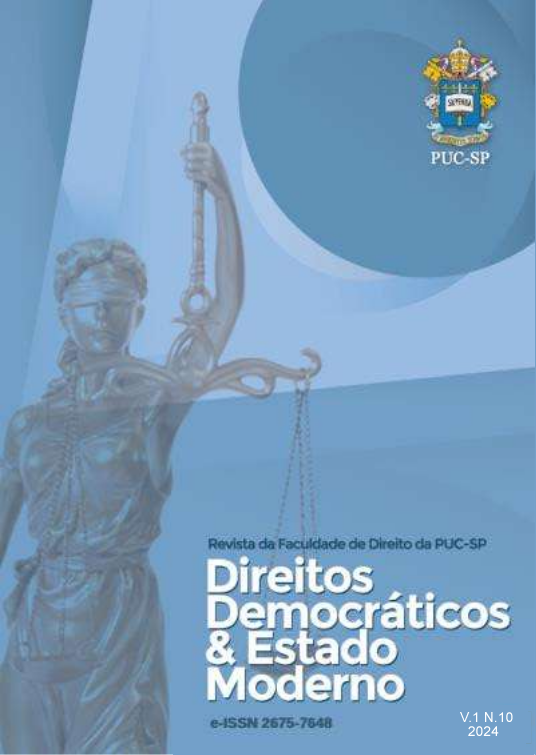Ação rescisória e valoração da prova:
A violação a normas jurídicas probatórias como causa para a rescisão de julgados
DOI:
https://doi.org/10.23925/ddem.v.1.n.10.66173Palavras-chave:
Ação Rescisória, Provas, Valoração, Norma Jurídica, Fatos, Meios de impugnação às decisões judiciaisResumo
O objetivo desta Tese é demonstrar o cabimento de ação rescisória, com fundamento no art. 966, inc. V, do CPC/15, em face de decisões transitadas em julgado que tenham valorado o conjunto probatório de forma ilegal, violando regras e princípios incidentes sobre essa atividade. Para isso será demonstrado que a atividade de valoração da prova não é totalmente livre, sendo regrada/guiada/condicionada por regras e princípios jurídicos. Quando tais regras e princípios são violados, demonstraremos que é possível aferir de forma objetiva a existência de vício na valoração da prova. Isso é absolutamente relevante para fixar limites ao cabimento da ação rescisória, de modo a evitar o seu uso abusivo. Em síntese, a tese proposta se apoia nas seguintes ideias: (a) o CPC/15, ao prever o cabimento de ação rescisória em face de decisões que tenham violado manifestamente norma jurídica, ampliou o cabimento da ação rescisória; (b no atual paradigma jusfilosófico há dissociabilidade entre texto e norma e se impõe a utilização do método de concretização do direito em detrimento da subsunção; (c) a de que a norma jurídica é o produto da interpretação dos enunciados normativos à luz dos fatos, (d) uma má fixação na premissa fática implica na má aplicação do direito; (e) existem regras e princípios incidentes sobre a atividade de valoração da prova, sendo possível aferir se elas foram, ou não, violadas; (f) o juiz não tem liberdade ou discricionariedade para decidir, inclusive sobre a valoração das provas, estando sempre limitado pela lei.
Downloads
Publicado
Como Citar
Edição
Seção
Licença
Copyright (c) 2024 Direitos Democráticos & Estado Moderno

Este trabalho está licenciado sob uma licença Creative Commons Attribution 4.0 International License.

Este obra está licenciada com uma Licença Creative Commons Atribuição 4.0 Internacional.
Revista DD&EM - ISSN 2675-7648
















